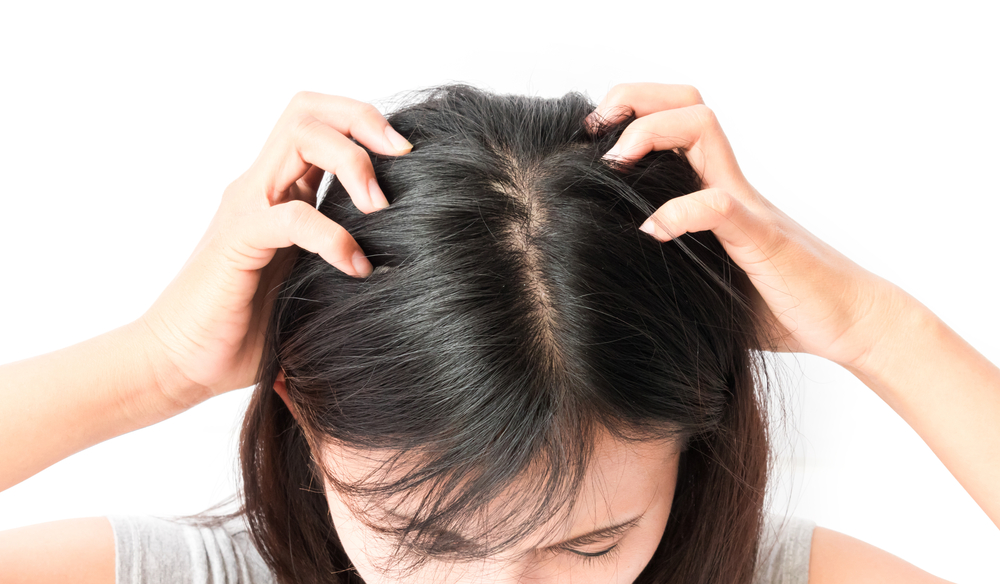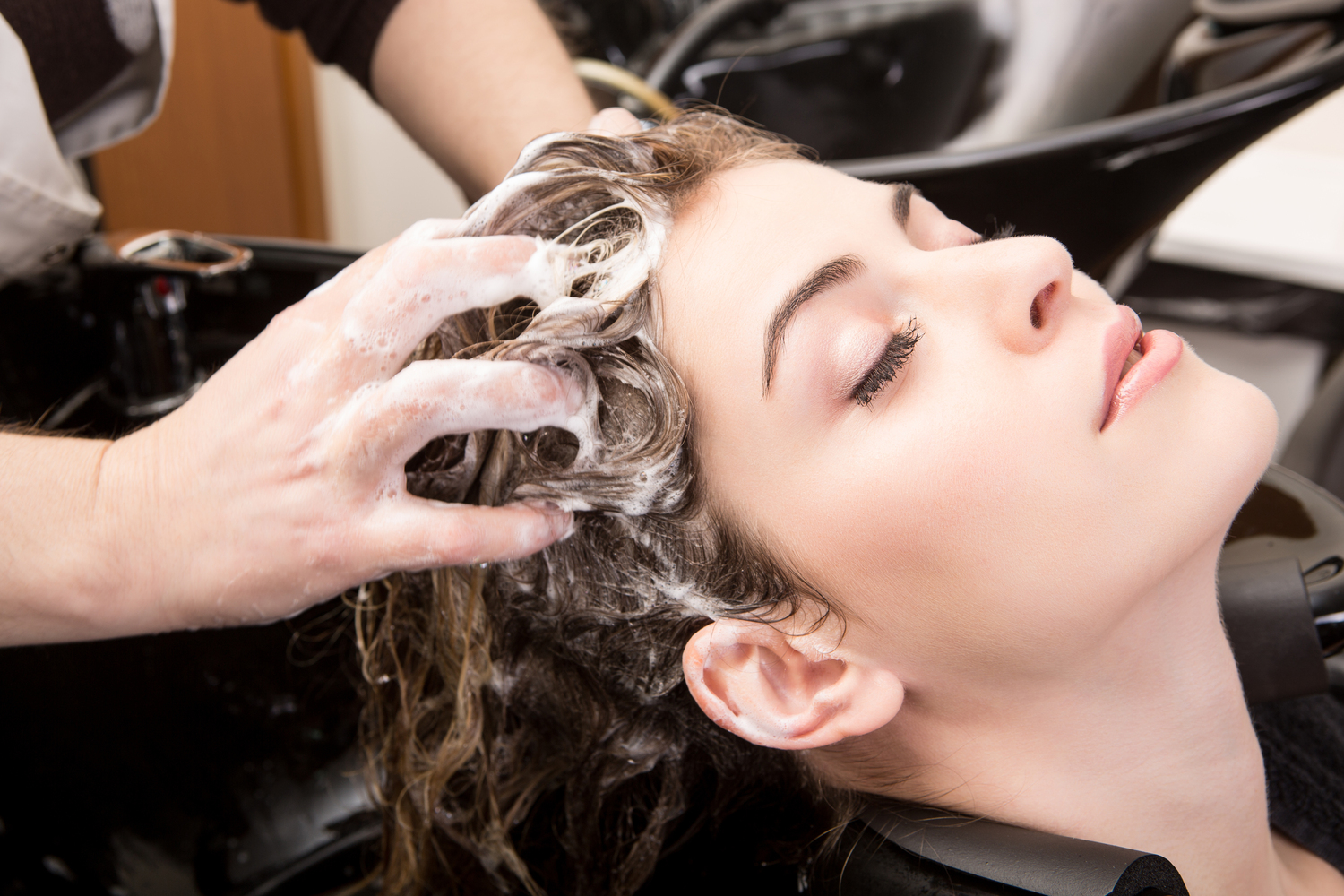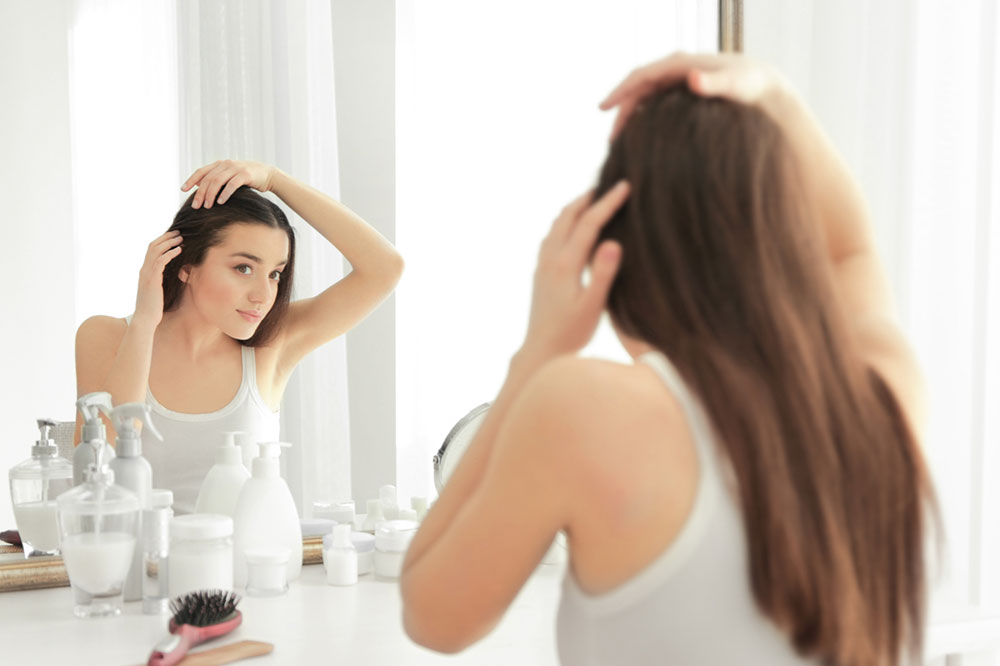What To Know About Treating An Itchy Scalp
No one likes an itchy scalp. It’s one of the things that one tends to forget the severity of until they experience it again and realize the agony of resisting the urge to scratch crazily in public. Understandably, then, an itchy scalp is something that everyone wants to avoid at all costs.
There are proven and tested methods of alleviating itchiness, of course. It is, however, important to remember that itchiness is more of a symptom and less of a problem in itself.

Now, we may not have the answers to all the whys of the itch, but we do have the how to get rid of them part in hand. Here are some questions one might come to ask themselves when looking for solutions to an itchy scalp.
Does a hair wash help? How often should one do it?
- In short, yes it does.
- The long answer is a little complicated. Itching is often the result of a dry or sensitive scalp, as opposed to a really oily one.
- Most of us tend to misunderstand how our bodies, especially the skin and scalp, work. Most people try to get rid of an oily scalp with shampoo, but over-shampooing will get you stuck in the vicious cycle of a too dry followed by a too oily scalp.
- Depending on your hair type, texture, and the composition of your scalp, washing your hair about twice a week is the general recommendation to keeping a healthy balance.
- Of course, conditioning your hair, both before and after you wash it, will also help keep it and the scalp healthy, alleviating the itching totally.
What kind of shampoo should be chosen?
- The effectiveness of one’s shampoo is what decides how often one should be washing their hair. A shampoo should ideally do two main things: remove impurities and build up, and maintain the PH balance of the hair.
- A good rule of thumb here is to avoid shampoos that promise a long list of benefits, because they are unlikely to deliver on even one or two of those.
- PH balance is the part where many shampoos fail, and this is a direct cause of an irritated scalp, leading to itches. Your scalp PH is around 4.5 to 5.7. For the sake of comparison, the PH of water is 7.
- To choose a shampoo that suits you best, look up for ones that treat specific problems and try out samples, since you never know what will be just right.
- Always opt for paraben- and sulfate-free shampoos and hair products when possible. These are detergent-like agents that strip your scalp of all its oils, exposing it to other chemicals and pollutants.
What if lice is the cause of one’s itchy scalp?
- This is the first paranoid thought that comes in the minds of many that get an uncontrollable itch. This could very well be the case.
- To find out if itchy scalp is indeed caused by lice, one needs to get a fine tooth comb and run it through the roots, thoroughly all the way to the end. Then, examine the bristles of the comb. If lice is the reason, you’re likely to see very small, moving brown lice.
- If it is indeed lice, the bedding needs to be cleaned and disinfected. Then, get hold of a lice shampoo and follow the instructions. It might take a couple of washes to get through the entire cycle.
- If this feels inadequate, one should get involved in lice treatment. This is a comprehensive treatment that includes hair creams, shampoos, and hair oil, all targeted at killing lice at various stages.
What to do if an itchy scalp doesn’t go away?
- If all reasons and causal factors of an itchy scalp are ruled out and it still isn’t going away permanently, one should consider visiting a dermatologist.
- This is because you might be suffering from a low-level autoimmune disorder, such as psoriasis or eczema, which might be showing its presence on the scalp.
- A doctor can recommend proper medication and treatments, which will bring you relief.




